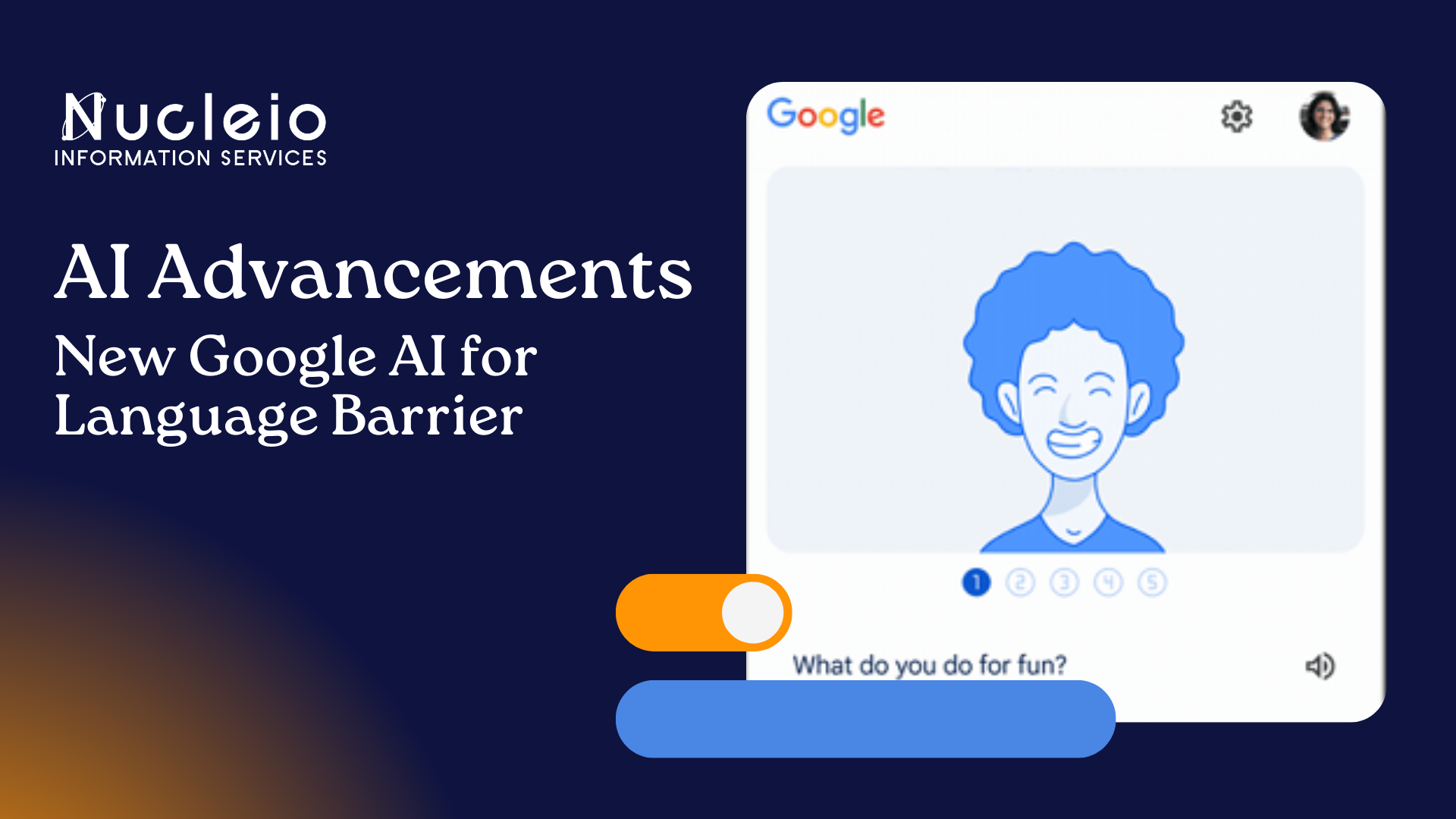In the realm of artificial intelligence (AI), Google has been at the forefront of innovation for years. Its latest breakthroughs in search algorithms and language translation mark a significant leap forward in how we interact with technology. Let’s delve into these groundbreaking developments and explore their implications.
Conversational Search: Redefining User Experience

Google’s new conversational search AI is set to transform how we interact with search engines. By understanding natural language queries in context, this AI promises a more intuitive and efficient search experience. Gone are the days of rigid keyword searches; instead, users can engage in fluid conversations with their search engine, receiving relevant results tailored to their needs.
The Power of Contextual Understanding
At the core of Google’s conversational search AI lies its ability to grasp the nuances of language and context. Through advanced natural language processing (NLP) techniques and machine learning algorithms, the AI can decipher user intent with remarkable accuracy. Whether it’s deciphering complex queries or understanding colloquial language, this technology opens up new possibilities for search optimization and user engagement.
Bridging Language Barriers: AI-Powered Translation
Language should never be a barrier to communication, and Google’s latest AI-powered translation tools aim to break down linguistic barriers. Leveraging deep learning models, these tools offer near-instantaneous translation of text, speech, and even images across multiple languages. From facilitating global collaboration to enhancing cross-cultural communication, the potential impact of this technology is profound.
Beyond Word-for-Word Translation: Preserving Meaning and Tone
What sets Google’s translation AI apart is its ability to preserve the subtleties of language beyond mere word-for-word translation. By considering context, tone, and cultural nuances, the AI ensures that the translated content retains its original meaning and sentiment. Whether it’s translating literature, business documents, or casual conversations, this technology fosters genuine understanding across languages.
Ethical Considerations and Challenges Ahead
While the advancements in AI-driven search and translation are undoubtedly impressive, they also raise important ethical considerations. Issues such as privacy, bias, and algorithmic transparency demand careful attention as these technologies become more pervasive. Google must navigate these challenges responsibly to ensure that its AI innovations serve the greater good while upholding ethical standards.
YAAA~ Google’s strides in AI-driven search and language translation represent a significant milestone in the evolution of digital technology. By harnessing the power of machine learning and natural language understanding, these innovations promise to reshape how we access information and communicate across borders. As we embrace the era of conversational search and seamless translation, we must also remain vigilant in addressing the ethical implications and ensuring that technology serves humanity’s best interests.

